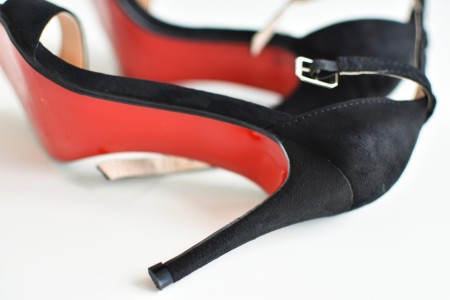In today’s fast-paced world, the quest for tranquility amidst the cacophony of daily life has become a common pursuit. Noise-cancelling earplugs have emerged as a practical solution for individuals seeking to shield themselves from disruptive sounds. Whether it’s the relentless chatter in a bustling café, the roar of traffic during a morning commute, or the incessant hum of machinery in a workplace, these innovative devices offer a sanctuary of silence. With their growing popularity, understanding the nuances of noise-cancelling earplugs becomes essential for anyone looking to enhance their auditory experience.
The technology behind noise-cancelling earplugs is fascinating. They utilize advanced sound wave interference to minimize unwanted ambient noise. By generating sound waves that are the exact opposite of the incoming noise, these earplugs effectively cancel it out. This principle is known as destructive interference and is the cornerstone of how active noise cancellation works. Many models also incorporate passive noise reduction, which physically blocks sound waves through their design and materials. This dual approach ensures a more comprehensive auditory shield.
When considering the types of noise-cancelling earplugs available, one can find various options tailored to different needs. Some earplugs are specifically designed for sleep, featuring soft materials that mold comfortably to the ear. Others are built for travel, often including additional features like Bluetooth connectivity for music or podcasts. For industrial use, earplugs may offer higher levels of noise reduction, catering to environments with loud machinery. Each type serves a distinct purpose, allowing users to choose based on their specific requirements.
The effectiveness of noise-cancelling earplugs can vary significantly based on their design and technology. High-quality models often include multiple microphones to detect and analyze external sounds, providing a more precise cancellation effect. Users should also consider the earplug’s fit, as a snug seal is crucial for optimal performance. Some earplugs come with customizable tips to ensure a perfect fit, enhancing both comfort and noise reduction capabilities. This attention to detail can make a substantial difference in user experience.
Comfort is another critical factor when selecting noise-cancelling earplugs. Extended use can lead to discomfort if the earplugs do not fit well or are made from irritating materials. Many manufacturers prioritize ergonomics, using soft, hypoallergenic materials that minimize pressure on the ear canal. Additionally, some models are designed to be worn for long periods, making them ideal for travelers or those needing uninterrupted focus in noisy environments. Ensuring comfort can significantly impact the overall effectiveness of noise cancellation.
The benefits of using noise-cancelling earplugs extend beyond mere sound reduction. They can improve concentration and productivity, especially in work settings filled with distractions. Many professionals report enhanced focus when wearing these earplugs, leading to better performance and reduced stress. Furthermore, they can aid in sleep quality by creating a quieter environment, allowing individuals to drift off without disturbances. This improved rest can contribute to overall well-being and mental health.
Moreover, noise-cancelling earplugs can be a valuable tool for individuals with sensory sensitivities. For those on the autism spectrum or with conditions like hyperacusis, managing sound exposure is crucial. These earplugs can provide a much-needed buffer against overwhelming auditory stimuli, enabling users to engage more comfortably with their surroundings. This application highlights the versatility of noise-cancelling technology in catering to diverse needs.
While the advantages of noise-cancelling earplugs are clear, potential users should also be aware of their limitations. For instance, while they are effective at reducing consistent sounds, they may not completely block sudden loud noises. This limitation can be a concern in certain situations, such as when alertness to one’s surroundings is necessary for safety. Additionally, the quality of sound cancellation can vary between brands, making it essential for consumers to research and test different options before making a purchase.
As the market for noise-cancelling earplugs continues to expand, so does the scope for innovation. Future developments may include enhanced battery life for active models, better integration with smart devices, and improved materials for comfort and effectiveness. Research into the long-term effects of using noise-cancelling technology could also provide valuable insights. Understanding how prolonged use impacts hearing health and auditory perception remains a crucial area for exploration.
In summary, noise-cancelling earplugs represent a significant advancement in personal sound management, offering solutions to a variety of noise-related challenges. Their ability to enhance focus, improve sleep quality, and provide comfort makes them an essential tool in today’s noisy environment. As technology continues to evolve, ongoing research and development will further refine their effectiveness and accessibility. Future studies should explore the broader implications of prolonged use and innovative features that could benefit a wider audience.

